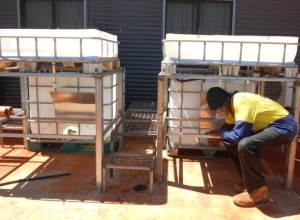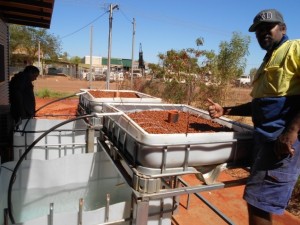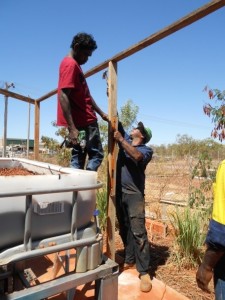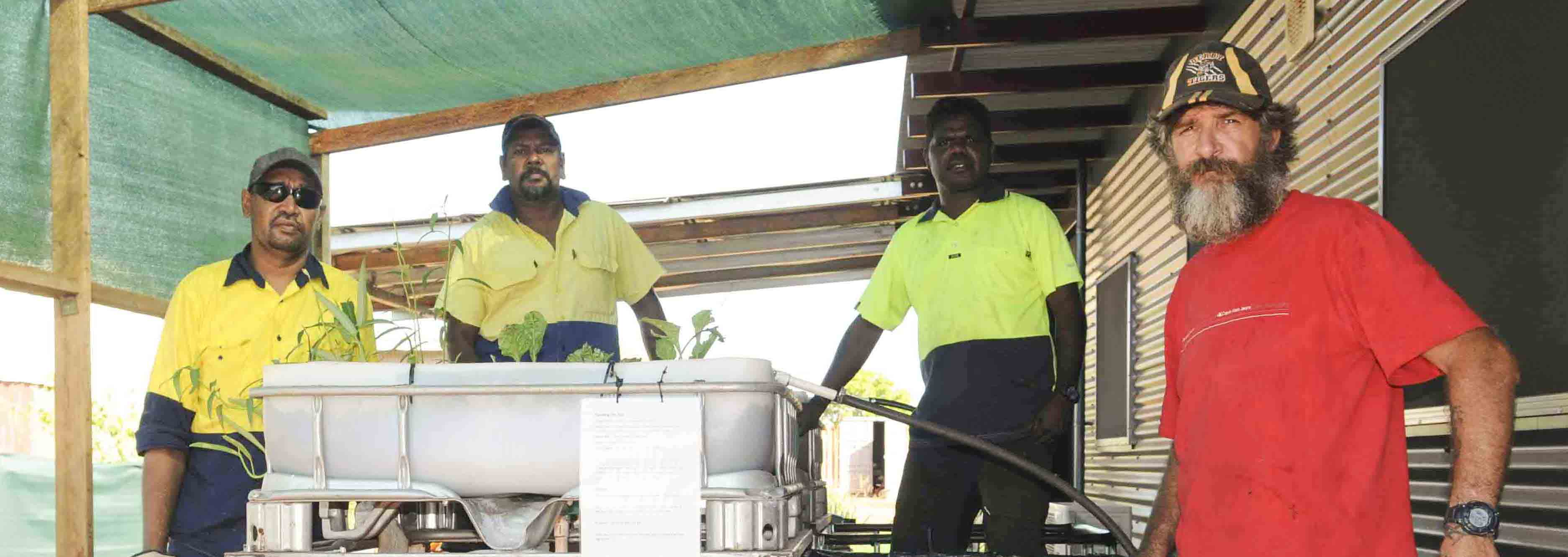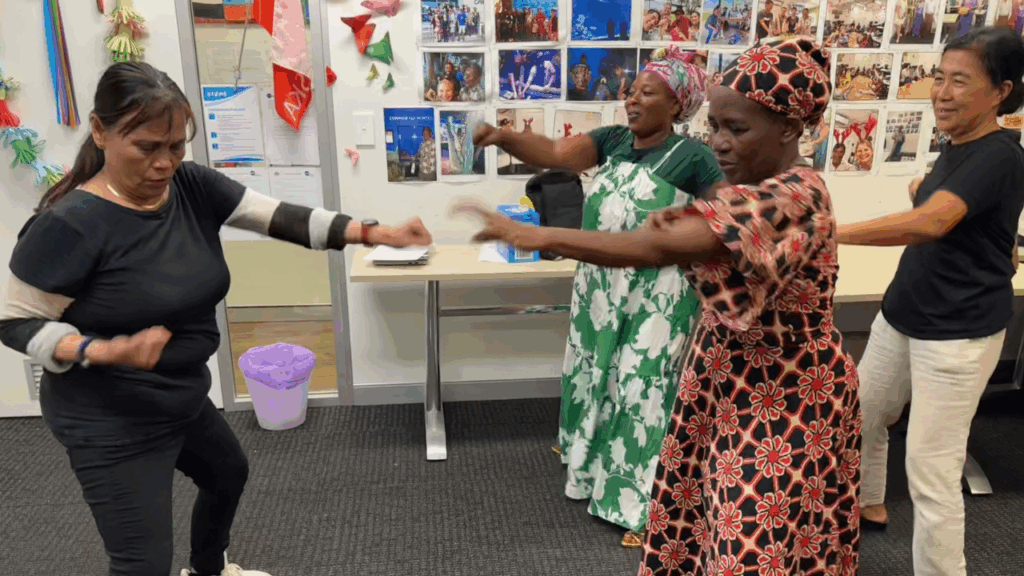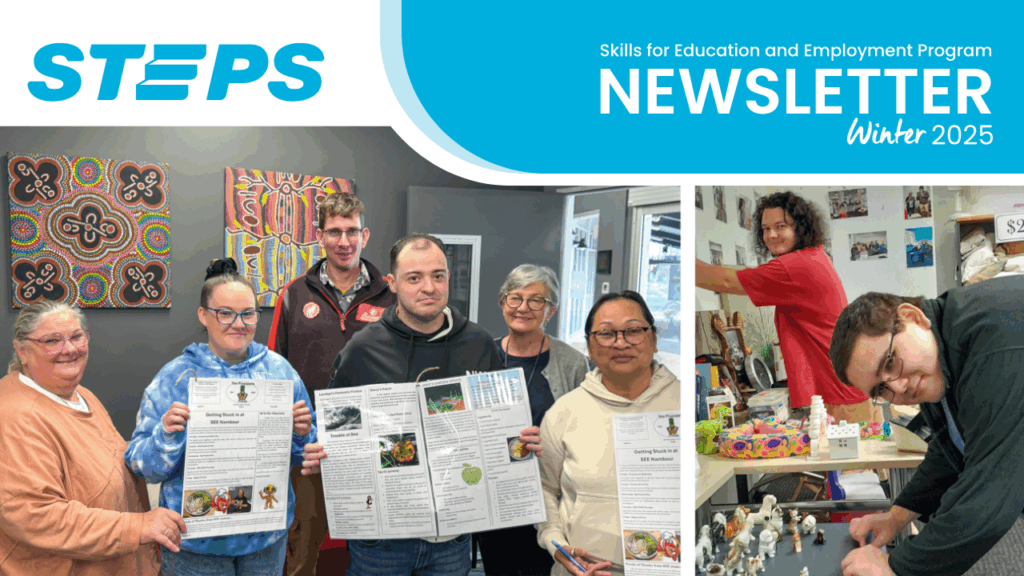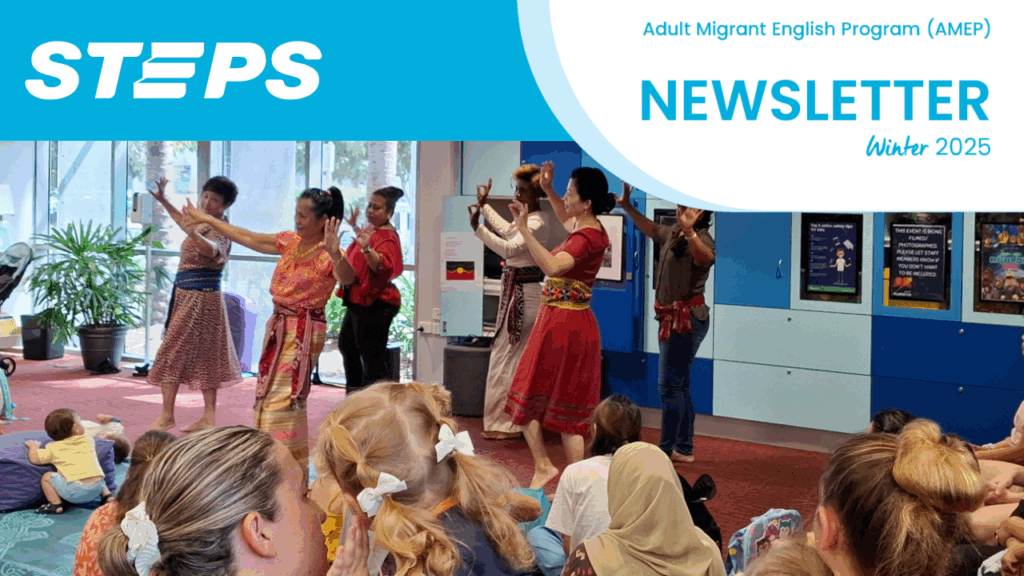Growing vegetables in soilless beds and breeding fish to use their waste as fertiliser for the plants, is now the norm for one resourceful group in Derby WA who are seeing great results from their efforts.
As a way of encouraging indigenous men to get involved in literacy and numeracy activities, the students have been taking part in a major practical project to support learning outcomes.
No one expected the educational adventure they would all go on over the past seven months, or the possibilities for the community stemming from the endeavour.
Having arrived in Derby in July last year, Training Manager Mo Maud noticed a range of aquaponics equipment left on site from a previous horticulture course with several tanks, containers, pumps and other material not in use.
Local Men’s Shed supervisor, Warren said he wanted to use the materials for their purpose, so Mo researched the subject thoroughly and printed out options for setting up and using the equipment.
Warren had the men test the pumps and the group all watched some videos to compare what was shown with the diagrams printed out and discuss the principles of the aquaponics system.
“It was a really interesting and a hugely enjoyable journey for everyone to learn about aquaponics and how these systems work in such a multipurpose way,” Mo said.
HOW IT WORKS
Fish are kept in tanks with their waste dissolving into the water forming a weak ammonia, which is then pumped out into soilless vegetable grow beds. Bacteria in the vegetable beds converts the ammonia into nitrates (fertiliser) which the plants benefit from immensely. The plants also clean the water for the fish, which flows back into the fish tank, so the whole set up forms a loop.
“The group are still learning and improving by experimenting and researching,” Mo said.
“Growing seedlings without soil and in this climate is a big challenge!”
“Most are grown under controlled conditions, in greenhouses or indoors with artificial light, so when the group achieved success through their own ideas, the men took great pride in the outcome.”
To get started, six cichlid (convict fish) were bought from the nursery in Broome with the men also keen to supply fish for another tank themselves. They used nets and went to Willare Bridge, which is about 80km from Derby. The river bed had a lot of pools and they brought back three varieties of fish and a couple of cherubin, (fresh water prawns).
“The men have been very enterprising too,” Mo said.
“They took a large old esky to bring the fish back in and aerated the water on the return journey by using a hose with a funnel attached, held outside the car window!”
For plants in the vegetable growing beds, the group started off with lettuces with mixed success, before working out the best process and noting it down. Late last year they planted some silverbeet and kangkong (water spinach) seedlings from their mini shade house which re really taking off now.
LITERACY AND NUMERACY IN ACTION
Along the way the men measured and calculated for construction, costed materials and discussed and evaluated various ideas reinforcing their literacy and numeracy skills immensely.
They read about fish and plants for the mini ecosystem they created and how other people have done it. They also watched instructional videos for setting up and maintaining the system and recorded germination periods and success rates for different seeds and growing mediums. The men became fairly engaged in internet research too, looking up information sheets and completing questionnaires.
“There was plenty for the men to write about using the photos and experience, but while the practical tasks kept everyone busy outside, some paperwork was done indoors in air-conditioning, which is a welcome break in the WA heat!,” Mo said.
COMMERCIAL FUTURE
Winun Ngari Aboriginal Corporation supplied the building materials and was behind the men all the way. They are hoping to set up commercial scale aquaponics systems¸ greenhouses and native fruit orchards in Derby.
It is hoped the men can help them in the future since they already have some knowledge. The scheme is intended to one day go out to the communities to make them self-sufficient with much of their food and to have the ability to sell food in commercial quantities.
Experts came from the Eastern states to see the proposed set up, and while in town visited the Derby class’s aquaponics. They were surprised and pleased with the group’s experimental approach, especially as no one involved had any knowledge of the field before starting.
Congratulations to all involved in creating such a remarkable, functioning aquaponics system while supporting the literacy and numeracy development of the men and a sprit of teamwork!